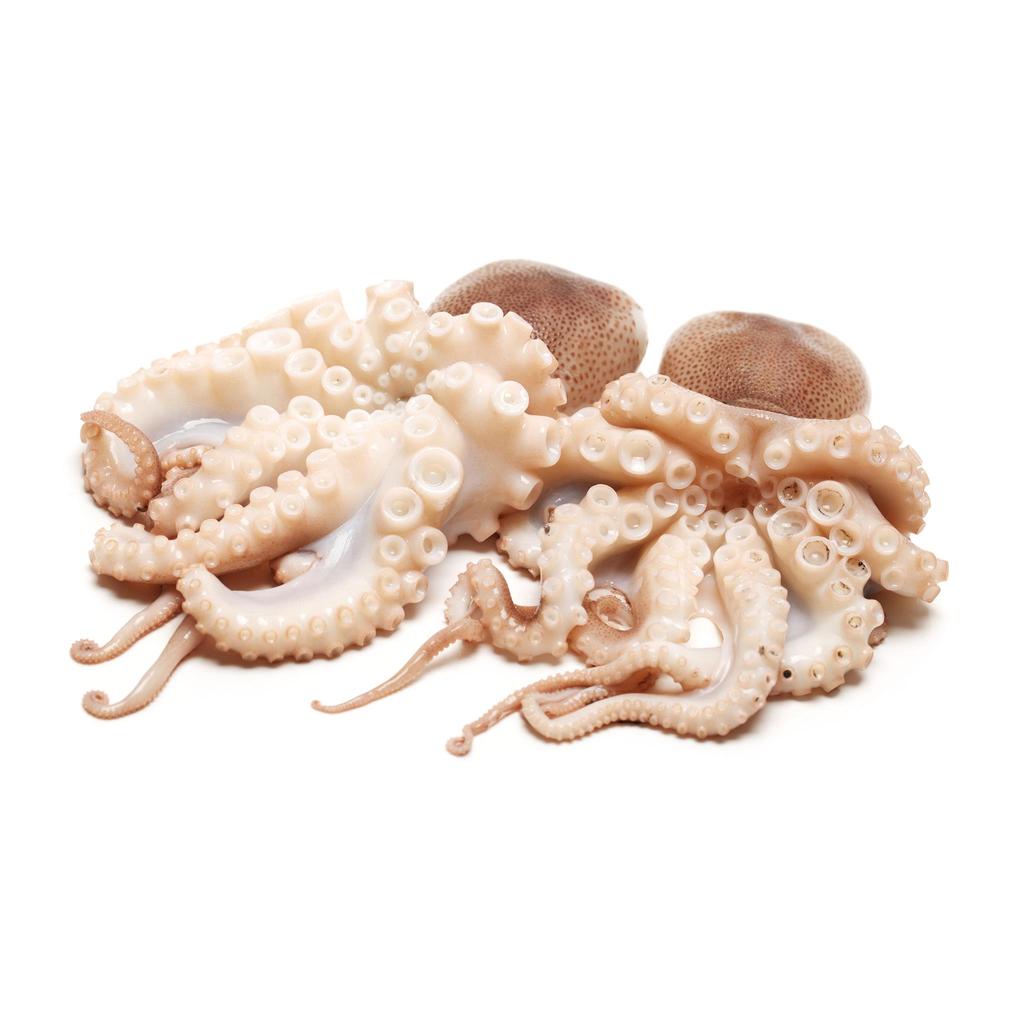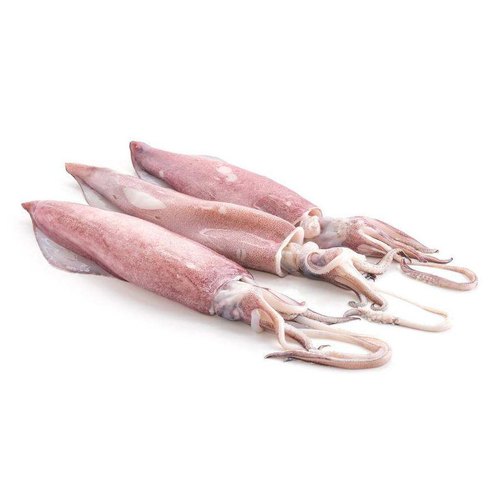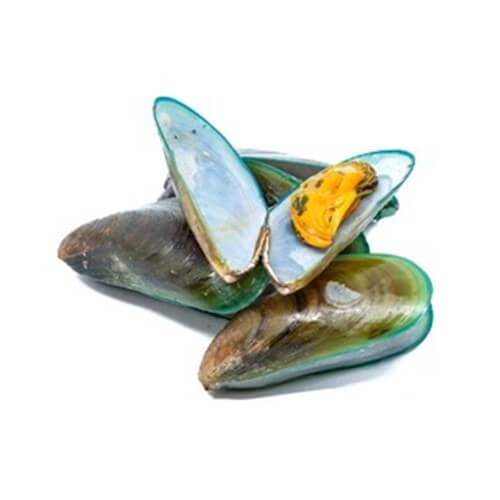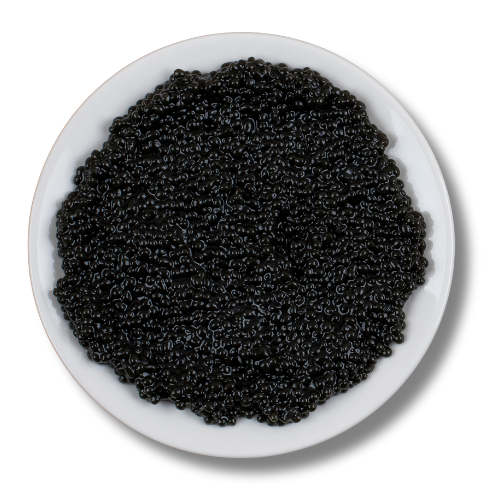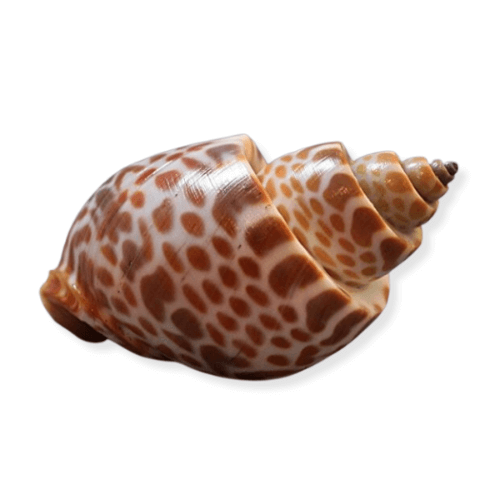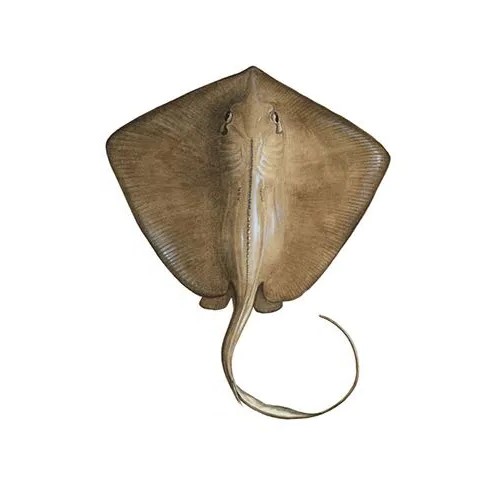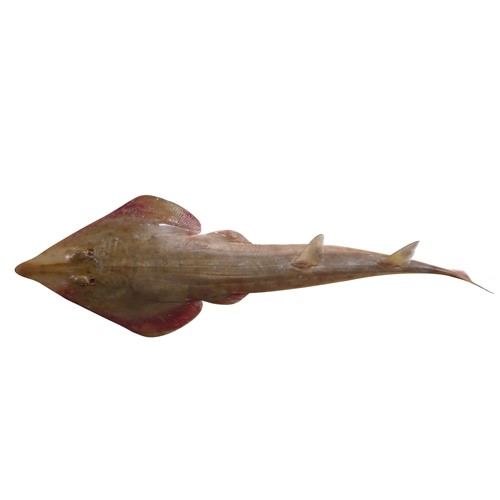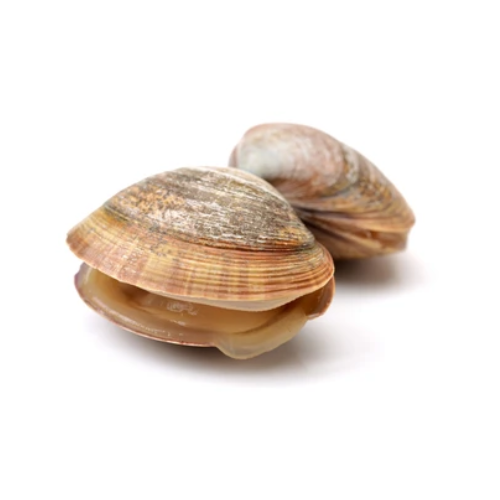Introduction
Ever tried fresh octopus before? Don’t be afraid of cooking fresh octopus at home as it’s very simple and doesn’t require any special tricks or equipment. Fresh octopus is a beast to prepare not because it’s hard, but because there is a lot of conflicting information as to what’s best to do. Always a delightful dish when properly cooked, and a disaster when served chewy and rubbery, fresh octopus needs some time investment to shine. Tender and buttery soft, nicely cooked octopus is a portion of delicious food that appears in many famous dishes worldwide.
When done appropriately with very few simple steps and some patience, octopus is wonderfully incorporated into salad and kinds of pasta and makes a flavorful appetizer when grilled with lemons.
Flavor Profile
A perfectly cooked octopus is tender, succulent, with a crisp outside and a slightly smoky flavor. It is delightfully meaty and comforting. The meat can remind you of chicken or lobster, but the texture is different. In general, it has the taste of the spices and condiments it’s served with.
Nomenclature
English Name: Octopus
Local Name: Pichangra, Hasht pa, Panchranga, and Mus
Scientific Name: Octopoda
Habitat
They are found on the continental shelf and tropical coral reefs.
Catching Method
They are caught using bottom trawls and lured hooks.
Physical Attributes
Octopuses are most famous for having eight arms and bulbous heads. Interestingly, they have three hearts and blue blood; they squirt ink to deter predators. Being boneless, they can squeeze into tight spaces.
Appearance
Fresh octopus is greyish white with slightly dark tentacles. The octopus can also change to gray, brown, pink, blue, or green to blend in with its surroundings. Octopuses may also change color as a way to communicate with other octopuses.
Size
On average, octopuses are 50 to 300 grams in weight. However other sizes are also occasionally available.
Peeling Preferences
Octopus is preferred to be used as Whole or cleaned and cut tentacles only.
Approx. Cleaning Yields
- Whole: 100 %
- Tentacles only: 40 %
Cooking Preferences
All it needs a good boil, after which it can be pickled, stewed, roasted, deep-fried, or grilled. If you plan to slice it before using another cooking method to finish it up, allow the boiled octopus to come to room temperature or chill entirely as it will be easier to cut.
Health Benefits
- Heart friendly
- Lowers Blood Pressure
- Improves Immune System
- Strengthens the bones
- Improves Skin and Hair health




